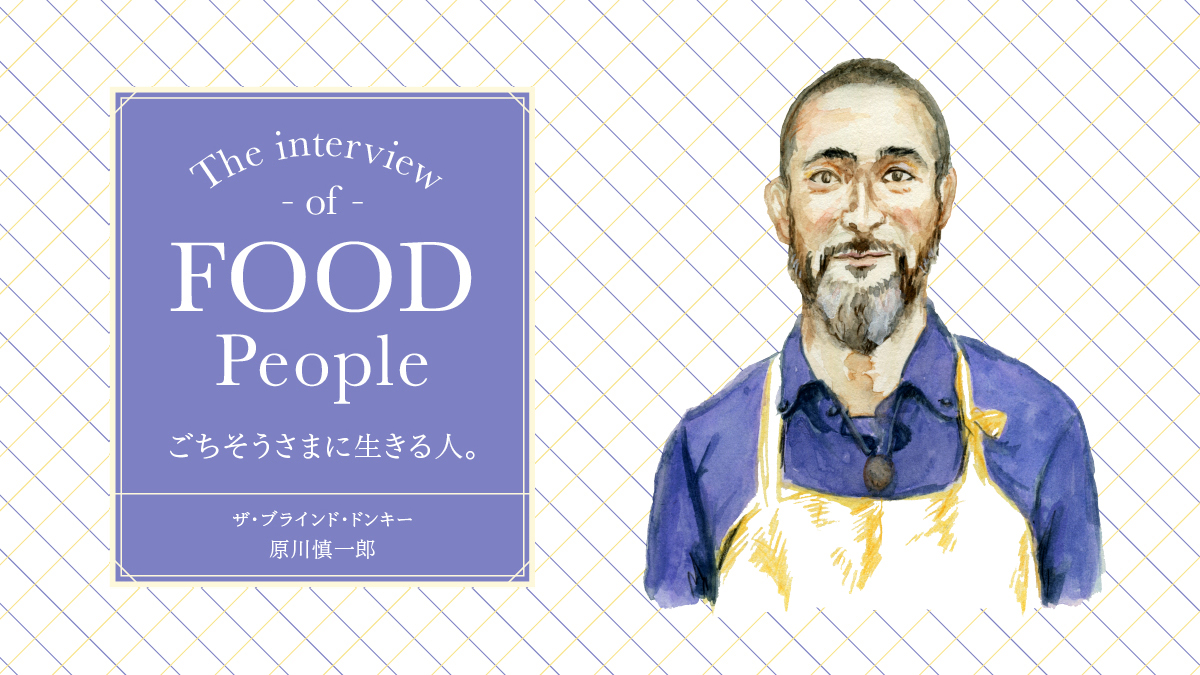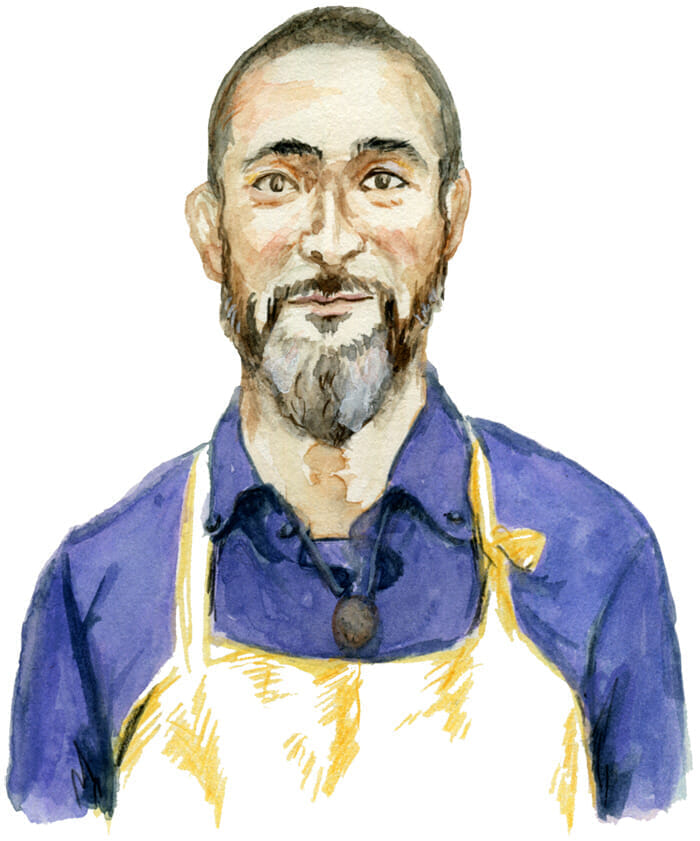This kind of independent spirit may be due to the environment in which I was raised. I grew up in Shizuoka, and spent six years from junior high school to high school in a Catholic boarding school. I had a Canadian teacher and studied abroad in Canada for about two weeks, which made me think about how I could be treated as an individual and as an equal human being. At the time, I felt a complex about Japan, where people were always polite and only said "yes" to everything.
After graduating from high school, I convinced my parents and grandparents to send me to a university in Canada, which, like the United States, was a country of immigrants. As a matter of course, I often brought food from various countries to my house, such as Eastern Europeans, Middle Easterners, and Mexicans, and we had drinks and socialized with each other. It was like getting to know the culture through the food. I was impressed by the fact that even though they were minorities, they were able to assert themselves and express themselves.
Then I graduated from university in Canada, hung around a bit, and returned to Japan because I wanted to watch the 2002 Japan-Korea World Cup and because I had a connection to Kyoto and found a job there. My job in Kyoto is with a travel agency. It has nothing to do with cooking.
But I guess I was depressed during that period, now that I think about it. I spent a total of nearly five years in Canada, including my adolescence around the age of 20, and suddenly became a salaryman in Japan. I didn't fit in with the Japanese atmosphere, and I wondered what I was going to do....
After that, I studied English to become a translator, returned to Shizuoka for a while, and then, taking advantage of the opportunity, came to Tokyo when I was about 23 or 4 years old, where I successfully got a job at an NHK-affiliated company buying foreign programs and working in English. But in the end, I didn't feel that this job was the one for me! I kept looking for something I could get into. I kept looking for something I could get into. Outside of work, I went to clubs, drank a lot....
Around 2005, when bistros, which are neither cafes nor restaurants, began to appear, I felt that interesting people were beginning to gather there. It was similar to cafes in other countries, where you could have a drink and a proper meal. Some people are making noise, some are reading books. Music is playing. The place where people gather and communication takes place is similar to a club.
I wanted to create a place where this kind of information and people could interact with each other, and for that I thought it would be better if I could cook, so I started in earnest. I studied cooking in Japan, France, restaurants in Okusawa, and at "guisu" in Sangenjaya, working hard and cutting down my own time.



